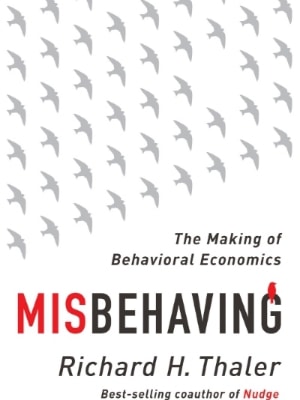
Book Review: Richard Thaler’s “Misbehaving: The making of behavioral economics”
Blog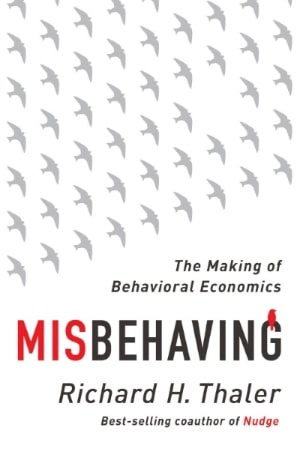 What do economics, psychology, and experimental science have in common? As Richard Thaler implies in Misbehaving: The making of behavioral economics, most economists would say little to none — but this couldn’t be further from the truth. Misbehaving is, first and foremost, a story of how modern economics, finance, and theoretical analysis have become increasingly specialized and narrow without substantial practical value. Utilizing empirical studies and anecdotes, funny stories, and even some jokes, Thaler persuades the reader that behavioral studies — or psychology-motivated disciplines which focus on humans, not mythical rational agents — are here to stay.
What do economics, psychology, and experimental science have in common? As Richard Thaler implies in Misbehaving: The making of behavioral economics, most economists would say little to none — but this couldn’t be further from the truth. Misbehaving is, first and foremost, a story of how modern economics, finance, and theoretical analysis have become increasingly specialized and narrow without substantial practical value. Utilizing empirical studies and anecdotes, funny stories, and even some jokes, Thaler persuades the reader that behavioral studies — or psychology-motivated disciplines which focus on humans, not mythical rational agents — are here to stay.

FIFA: Corruption, Bribery and No Surprises
Blog Global sport has come to resemble big business in its reach, influence and profit margins- as well as its operating environment in which corruption can, and does, thrive. If there is a lesson to be learned, it is that it would have been a surprise if the organization were not corrupt. The game that FIFA has played for so many years is not the one you see on the field.
Global sport has come to resemble big business in its reach, influence and profit margins- as well as its operating environment in which corruption can, and does, thrive. If there is a lesson to be learned, it is that it would have been a surprise if the organization were not corrupt. The game that FIFA has played for so many years is not the one you see on the field.
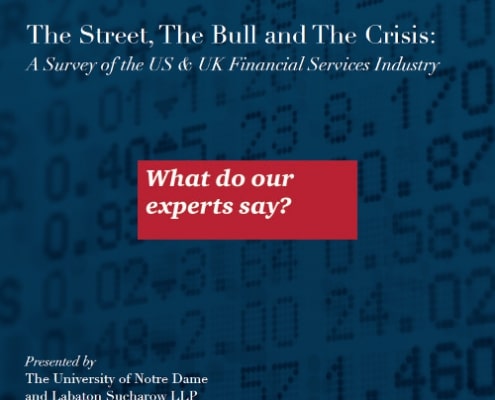
Ethics and Wall Street: Reactions and Reform
Blog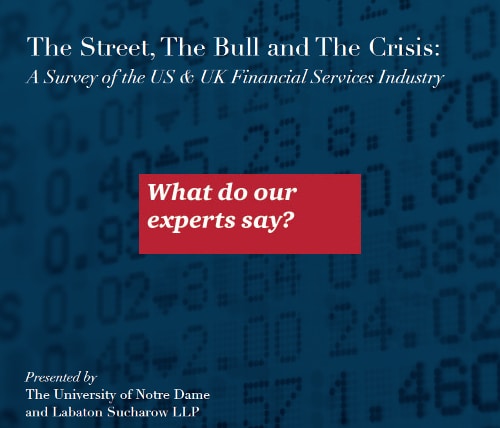 In the wake of the financial crisis of 2008, many thought ethics reform would come quickly to Wall Street. New laws did come, in the USA and UK. But is the culture changing for the better? A new report (The Street, The Bull and The Crisis: A Survey of the US & UK Financial Services Industry) suggests that there has been little change in the last three years, and there may be some worrying trends among younger employees.
In the wake of the financial crisis of 2008, many thought ethics reform would come quickly to Wall Street. New laws did come, in the USA and UK. But is the culture changing for the better? A new report (The Street, The Bull and The Crisis: A Survey of the US & UK Financial Services Industry) suggests that there has been little change in the last three years, and there may be some worrying trends among younger employees.
You can find a quick summary of the report in this article by NPR. To go beyond the summary, we asked our expert suite of collaborators for their reactions.
The bottom line is that better ethical behavior will come when legal reforms lead to, or are supplemented by, changes in the culture and norms of the financial industry. As Tenbrunsel explains, "Just more regulation without addressing the individual, organizational and industry-level factors probably isn't going to have a very significant impact." Addressing all of those factors simultaneously is our goal at Ethical Systems.
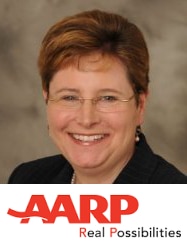
Ethics and Compliance Trends: Interview with Ellen Hunt of AARP
Blog Part of the mission of Ethical Systems is to enhance the work of practitioners and experts in the ethics and compliance field, as they are on the front lines of helping businesses transform their cultures and their employees act more ethically.
Part of the mission of Ethical Systems is to enhance the work of practitioners and experts in the ethics and compliance field, as they are on the front lines of helping businesses transform their cultures and their employees act more ethically.
In a recent interview with Ellen Hunt, Ethics & Compliance Program Director at AARP, she outlined current trends in the Ethics & Compliance (E&C) field as well as the most important steps businesses can take to encourage ethical behavior among organizations of all types and sizes. AARP is a nonprofit, nonpartisan organization, with a membership of nearly 38 million.

Ethics Pays in Business, as in Politics
Blog People often say they want a strong leader more than an ethical leader. David Brooks has a lovely essay in The New York Times demonstrating why this thinking is wrong for political leaders. But the quotes from the article below shows that the argument works just as well for business leaders as it does for politicians.
People often say they want a strong leader more than an ethical leader. David Brooks has a lovely essay in The New York Times demonstrating why this thinking is wrong for political leaders. But the quotes from the article below shows that the argument works just as well for business leaders as it does for politicians.

Featured Collaborator of the Month: Dan Ariely
Blog
Interview with Dan Ariely, the James B. Duke Professor of Psychology & Behavioral Economics at Duke University and columnist for The Wall Street Journal
I study human irrationality in general. I am interested in thinking about how people make mistakes, what kind of mistakes people do, why people make mistakes and how to fix them. These days I am working in several main areas: some research on the psychology of money- to think about why we overspend and under save and what we can do about it. I am also working a little bit on health, i.e. why don't we take care of ourselves, why we overeat and don't take our medicine on time, why we procrastinate, and of course, dishonesty, or why people get themselves into trouble.

A Tangled Web: The Consequences of Dishonesty
Blog “Oh what a tangled web we weave…”
“Oh what a tangled web we weave…”
We all know that lying can lead to bad consequences for the liar, but what happens to everyone else?
A 2015 article by Scott Wiltermuth, David Newman, and Medha Raj in Current Opinion in Psychology reviews findings that illustrate how dishonesty can yield a host of unexpected consequences, which arise when individuals privilege other values over honesty. Although many people act dishonestly for the sake of material gain, others do so from a desire to maintain a positive self-concept, or even out of compassion.

R-E-S-P-E-C-T: How can banks win it back
Blog At a recent banking summit in China, the focus was on how international banks can regain the moral high ground. In response, Norman Chan, chief executive of the Hong Kong Monetary Authority, wrote a piece in the South China Morning Post that argues this will be difficult unless banks move from a shareholder model to a stakeholder focus. At Ethical Systems, we couldn’t agree more.
At a recent banking summit in China, the focus was on how international banks can regain the moral high ground. In response, Norman Chan, chief executive of the Hong Kong Monetary Authority, wrote a piece in the South China Morning Post that argues this will be difficult unless banks move from a shareholder model to a stakeholder focus. At Ethical Systems, we couldn’t agree more.
When companies- especially banks- prioritize short-term profits over the health of their long-term relationships and reputation, they invite ethical problems, long term costs, and the animosity of the general public. Yet, while the call to action is simple, the steps needed to get there are anything but.
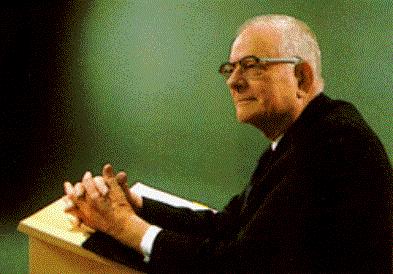
Deming Research Seminar Review
Blog |
The 21st Annual International Deming Research Seminar was recently held at Georgetown University. Business leaders, consultants, teachers, students and many others came together to share stories of the continued research and application of Dr. W. Edwards Deming's ideas in organizations around the world. Ethical Systems may be considered another one of those stories, for it is in much of the insights featured on our website that the works and teachings of Deming resound.

Featured Collaborator of the Month: Marc Hodak
BlogInterview with Marc Hodak, adjunct professor at The NYU Stern School of Business, visiting lecturer at the University of St. Gallen and founder of Hodak Value Advisors
What are your main areas of research?
I look at corporate governance in the context of how agency mechanisms (e.g., the formal and informal relationship between employees, directors, and owners) contribute to value creation, both at the firm level and for overall economic welfare. My particular areas of research include performance measurement, executive compensation and organizational behavior, where I have a couple of decades of practical experience in working with corporations and institutional investors. I have recently broadened my research to look at governance innovations through history, and attempts to create new models of interaction between owners and other stakeholders.

